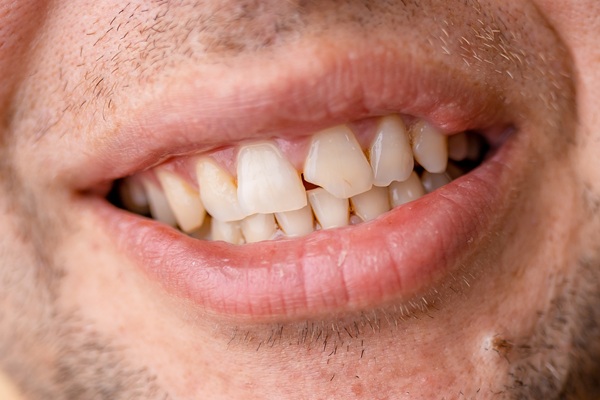A Dental Implant and the Possibility of a Needing Tooth Extraction

Before you get a dental implant, your dentist may tell you that you need to have a tooth extracted. While your permanent teeth were meant to last for your lifetime, there are sometimes reasons that one of your teeth may need to be removed. These reasons include infection and advanced gum disease. After a tooth has been extracted, the patient may receive a dental implant to replace the missing tooth. Read on to discover more about dental implants and tooth extraction.
Reasons for a tooth extraction
There are many reasons why a patient’s tooth may need to be extracted. One of the main reasons is because of infection. Sometimes, the decay in the tooth will extend completely to the pulp, which is the live part of the tooth. The pulp also contains the blood vessels and nerves.
A root canal can remove the infected pulp, but sometimes the infection is too severe. If a root canal or antibiotics cannot remove the infection, the tooth will need to be extracted so the infection will not spread to other parts of the mouth. This is especially true for patients who have weak immune systems. For example, patients who are having an organ transplanted or who are receiving chemotherapy may have weaker immune systems. The risk of getting an infection from a tooth can be reason enough to pull the tooth in this case.
Gum disease is another reason why a tooth may need to be extracted. Gum disease is an infection of the gums and the bones around the teeth. In the advanced stages, gum disease can cause the teeth to become loose. Sometimes, there is nothing more that can be done and the tooth will need to be extracted.
How tooth extractions work
Before the extraction, the dentist will work to numb the area with local anesthesia. Next, the dentist will grasp the tooth firmly with tools. The dentist will begin to gently rock the tooth back and forth until it becomes loose. When the tooth is loosened, the dentist will be able to pull it out of the patient’s mouth. Once the tooth is out, the dentist will place a piece of gauze over the area to stop the bleeding there.
Getting a dental implant after an extraction
After the tooth has been extracted, a patient may choose to receive a dental implant to replace the missing tooth. After the area has healed from the extraction, usually after a few weeks, the patient will be ready to receive the implant.
Visit a dentist today
Your dentist can help you decide if one or more of your teeth will need to be extracted. If so, you can choose to receive a dental implant to replace the missing tooth. This procedure can restore the function and appearance of your teeth. Your dentist can help you decide what the right type of implant is.
Request an appointment here: https://www.lilburnfamilydentistry.com or call Lilburn Family Dentistry at (770) 800-0178 for an appointment in our Lilburn office.
Check out what others are saying about our services on Yelp: Read our Yelp reviews.
Recent Posts
Dental crowns are restorations that can address a range of dental issues, from severely damaged teeth to protecting a tooth after a root canal. They help preserve oral health and enhance a smile's appearance. In addition to being versatile, they are available in different materials, which can be helpful for individuals who want options.Dental crowns…
A broken tooth is a common dental issue that can happen for many reasons, such as accidents, biting into something hard, or untreated tooth decay. Whether a dentist can save a broken tooth or needs to remove it depends on how severe the damage is and how quickly patients seek treatment. While modern dental techniques…
Dental crowns are a popular dental restoration, effectively preserving and enhancing the function of damaged or weakened teeth. These custom-made caps are designed to fit over the existing tooth, providing both structural support and improvements in your smile's appearance. However, not all dental crowns are created equal. The type of dental crown you choose can…
Your dentist can help determine if you need dental crowns. There are many reasons for getting these restorations. The main goal is always to restore the tooth and enhance its functions. Here are the signs you may need dental crowns soon.Losing at least one tooth can cause more dental problems. It can lead to dental…


